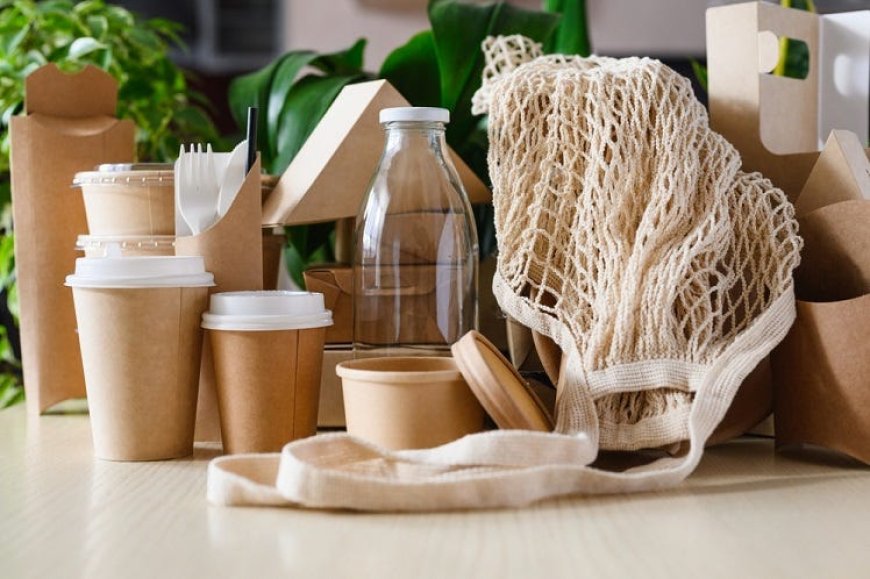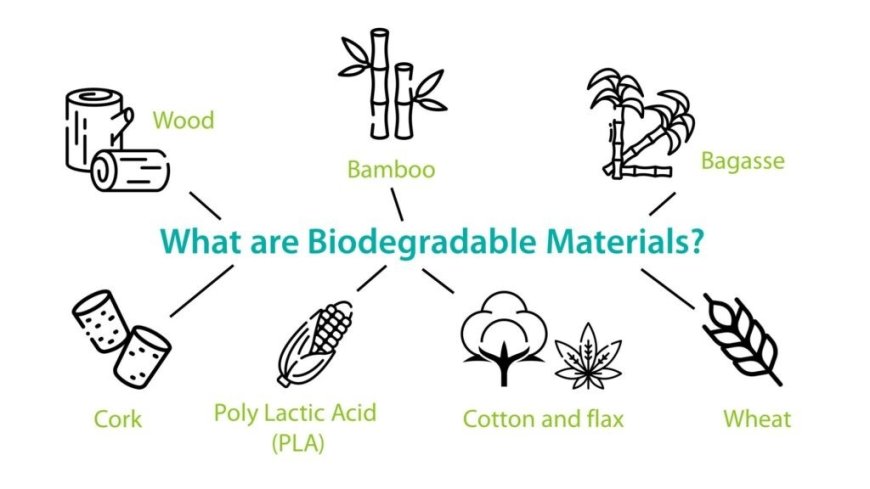Let's Go Bio- The Best Solution
This article highlights the environmental importance of biodegradable bags, emphasizing their role in reducing plastic waste, protecting wildlife, enriching soil, and encouraging sustainable behaviors. With real-world examples from cities like San Francisco and activism in Costa Rica and India, the narrative underscores the urgency of adopting biodegradable alternatives to combat plastic pollution.

The Case for Biodegradable Bags: A Sustainable Solution to Plastic Pollution
Introduction
Plastic pollution has become one of the most pressing environmental issues of our time. Each year, millions of tons of plastic enter the oceans, landfills, and ecosystems, wreaking havoc on wildlife and natural landscapes. With the rise of public awareness about the damaging effects of plastic, biodegradable bags have emerged as a potential game-changer. But what makes these bags so essential for the environment? Let’s explore.

Understanding Biodegradable Bags
Biodegradable bags are made from natural materials like cornstarch, potato starch, or other plant-based materials. Unlike traditional plastic bags, which can take hundreds of years to break down, biodegradable bags are designed to decompose in a relatively short time under the right environmental conditions. This decomposition process releases fewer harmful substances back into the earth.
1. Reducing Plastic Waste
A significant advantage of biodegradable bags is their ability to address the overwhelming plastic waste crisis. According to a study conducted by the United Nations, about 300 million tons of plastic are produced each year, and a staggering 8 million tons of that waste ends up in oceans. Switching to biodegradable bags can help significantly reduce the number of plastic bags littering our landscapes and waterways.
Example: In San Francisco, a progressive city that banned plastic bags, the implementation of biodegradable alternatives has shown promising results. The initiative not only reduced the amount of plastic waste but also inspired residents to adopt more eco-friendly behaviors.
2. Protection of Wildlife
Marine animals suffer immensely from plastic pollution. Sea turtles, for instance, mistake plastic bags for jellyfish, leading them to fatal consequences. According to the World Economic Forum, by 2050, there may be more plastic in the ocean than fish. Biodegradable bags, breaking down into harmless organic materials, prevent such tragic encounters and reduce the overall risk to wildlife.
Example: In a heartwarming case, a group of environmental activists in Costa Rica launched a campaign to promote biodegradable bags while organizing cleanup drives on beaches plagued by plastic pollution. The efforts not only protected marine life but also raised awareness about the dangers posed by single-use plastics.
3. Soil Enrichment
When biodegradable bags decompose, they break down into natural substances that can enrich the soil. This is particularly beneficial in agricultural settings, where nutrient-rich soil is vital for crop production. Instead of harming the environment, biodegradable materials contribute positively to the ecosystem.
Example: In some regions of India, farmers have begun to use biodegradable bags for transporting produce. Once discarded, these bags decompose and enhance the quality of the soil, boosting the productivity of their fields.
4. Encouraging Sustainable Behavior
Adopting biodegradable bags sends a message about sustainability and responsible consumption. When people opt for biodegradable options, it cultivates a culture of environmental consciousness. This shift can inspire more significant changes in behavior, from reducing plastic use to supporting other eco-friendly practices.
Example: The Zero Waste movement, which encourages minimal waste production, has received a boost from the popularity of biodegradable bags. Individuals participating in this movement often encourage friends and communities to consider their environmental choices, amplifying the impact of personal decisions.
Biodegradable bags offer a promising solution to the environmental crisis posed by plastic waste. By reducing plastic usage, protecting wildlife, enriching soil, and promoting sustainable behavior, these bags contribute significantly to a healthier planet. As society continues to grapple with plastic pollution, embracing biodegradable alternatives is not just advantageous; it’s essential for a sustainable future.
What's Your Reaction?














































































































